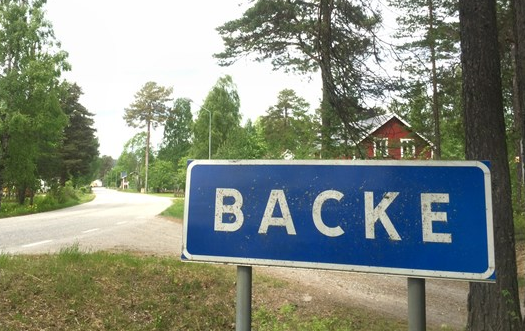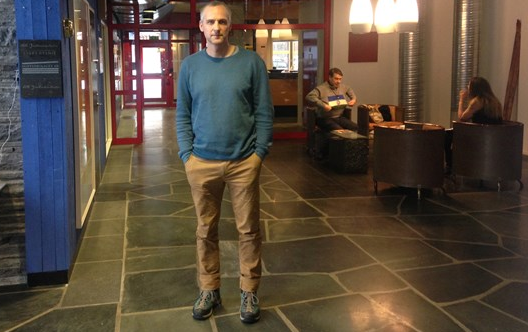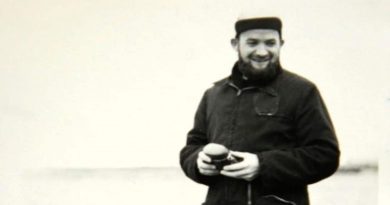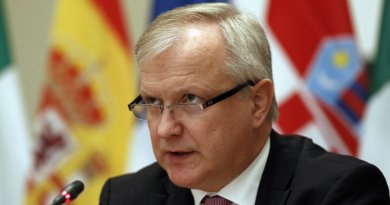Rural citizen journalism and fake news in the spotlight in North Sweden

Who takes over when local reporters are no longer able to cover certain areas?
Radio Sweden visited the northern county of Jämtland, where citizen initiatives as well as right-wing extremist propaganda websites have sprung up in the absence of journalists.
In Sweden, as many as one in eight local councils lack continuous media coverage. And these blank spots for journalism risk increasing, according to the government’s recently-presented media inquiry.
Earlier this year an article about a small village in the northern county of Jämtland started spreading in social media. It claimed that village schoolgirls had been assaulted by a group of young refugees.“There were people all over the country – in Stockholm, and up in Arjeplog in the north of Sweden, who were talking about this happening,” said Fredrik Vestberg, a reporter at Swedish Radio’s local news channel in Jämtland.

Vestberg and his colleagues decided to look into the story, but no-one in the village was able to confirm the story as true. The reporters found instead that the website that had reported on the alleged assault was linked to a right-wing extremist organisation called the Nordic Resistance Movement. Reporting on local news is part of the movement’s strategy for spreading propaganda.
But propaganda websites are not the only alternative that has cropped up when local journalists disappear. Many of the villages in the Jämtland county have their own Facebook groups – and these groups make up a valuable news source for Karin Jonsson, culture editor at the regional newspaper Östersunds-Posten.
Jonsson has also created her own Facebook group, Glesbygdsgirls, or ‘rural girls’ in English. It is made up of more than 15,000 women and non-binary people who share their experiences and discuss topics ranging from how to fix frozen water pipes in your house, to political issues affecting Sweden’s rural areas.
Fighting stereotypes
This type of citizen journalism could help nuance the sometimes stereotypical image of rural areas as portrayed in traditional media, according to journalist Lisa Bjurwald. She has spent the past autumn scrutinising the state of Swedish local news on behalf of the Blank Spot Project, a platform for journalists investigating overlooked corners of the world.
“The good aspect with all these citizen initiatives is that they’re going to be doing proper reporting, not just accidents and emergencies, but everyday developments. So they’re going to help nuance the picture that mainstream media can no longer keep nuanced,” Bjurwald said.
But Bjurwald is adamant that citizen journalism cannot replace traditional local media.
“It doesn’t have to be bad because it’s citizen journalism, but sometimes it is. Sometimes it’s just some kind of sensational news that may or may not be true. And that’s obviously very bad for democracy,” she said.
Related stories from around the North:
Canada: Politics, media misinformation & #sealfie, Eye on the Arctic
Finland: Arctic journalism – between ultimate freedom and ‘climate of oppression,’ The Independent Barents Observer
Denmark: Nordic information office suspends activities in Russia, Barents Observer
Norway: Media & the Arctic: What happened at Barents Observer?, Eye on the Arctic
Russia: Moscow to set up Arctic media service, Barents Observer
United States: Proposed cuts to public broadcasting funding rile rural Alaska radio, Alaska Dispatch



